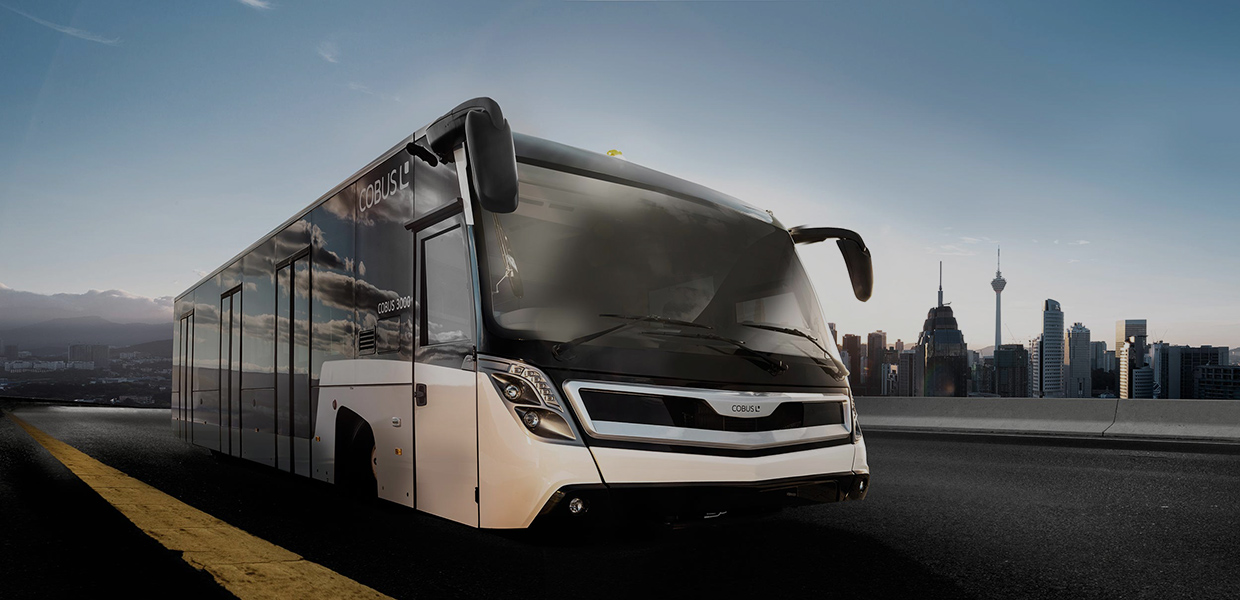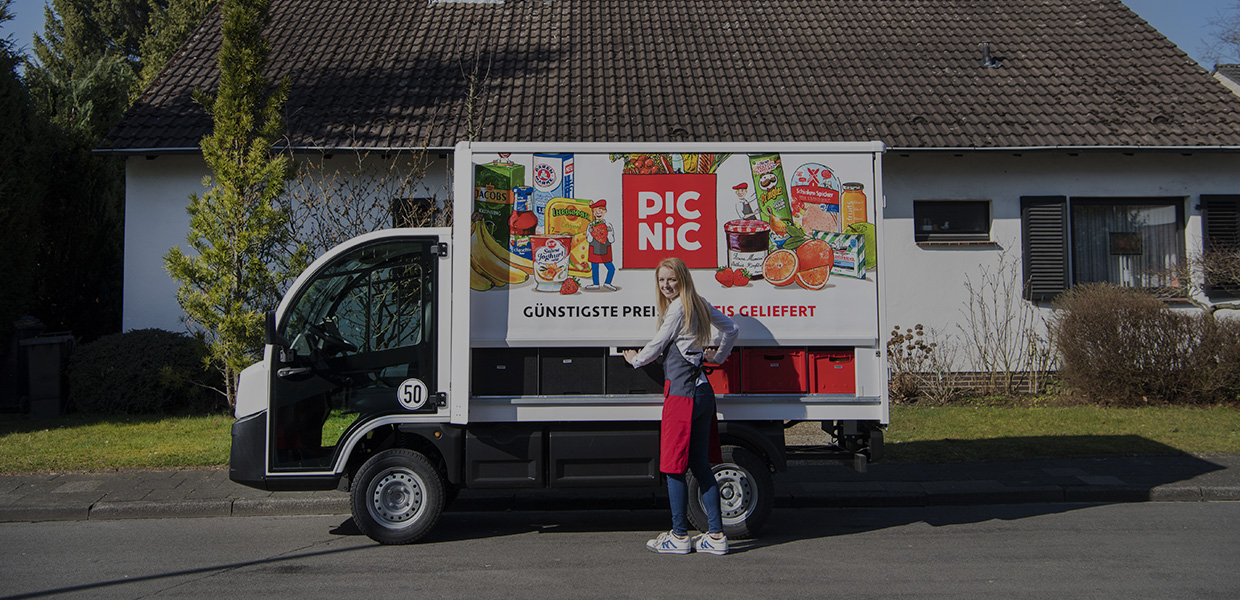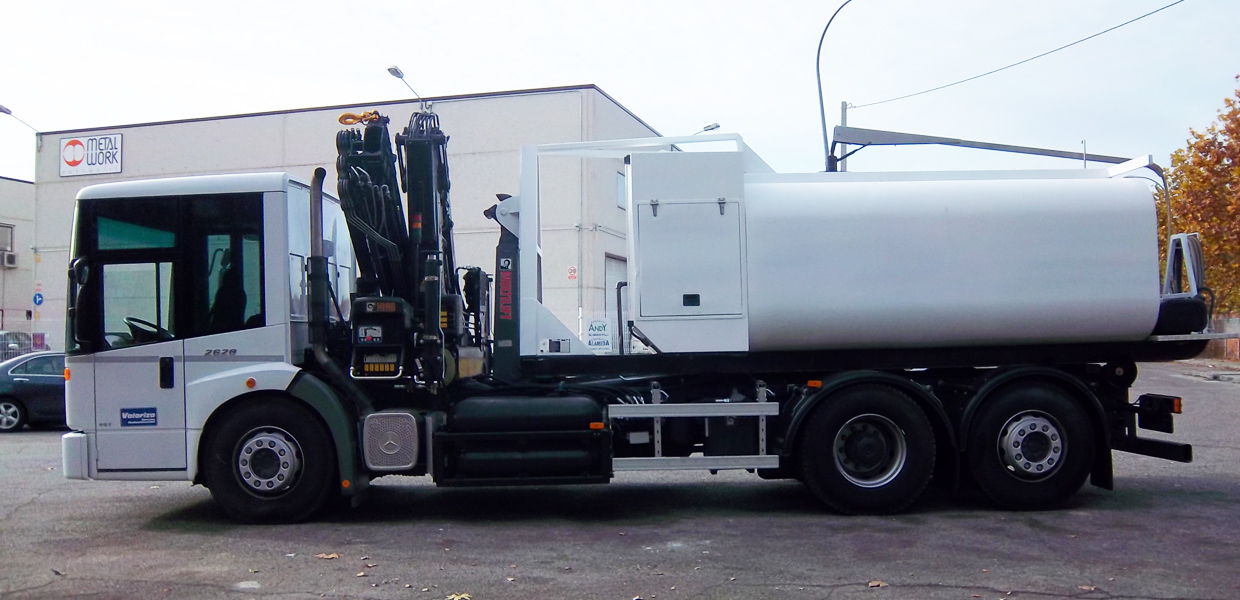E-Trucks Europe produces hydrogen-electric hybrid vehicles with an electric powertrain. The vehicles are silent and do not generate any emissions. With a production site in Lommel, Belgium, and a site in Westerhoven, The Netherlands, E-Trucks Europe is working hard and is in good shape to grow rapidly over the coming years. A good time to strengthen the partnership with DLL.
E-Trucks Europe’s growth did not just come out of the blue. Owner, André Beukers, has been working in the transport world for a long time. He originally started with a car repair garage. As the market interest of the sustainable transportation solutions started to grow rapidly, in 2010 the entrepreneur established E-Trucks Europe, a company that turns fossil fuel-based trucks to sustainable ones. The company primarily focuses on garbage trucks.
E-Trucks Europe started by converting diesel trucks into fully electric vehicles. Today, the garbage trucks are being assembled and individual components (chassis, cabin, superstructure) are being re-used to create a hydrogen-electric hybrid vehicle with an electric powertrain. The built-in hydrogen fuel cell system converts hydrogen into electricity, making the vehicles virtually silent and emission free.
André Beukers: “For heavy transportation, an electric energy source is not sufficient. The operating radius is too limited, requiring the garbage trucks to be recharged after half a day. Therefore, we started to specialize in the production of hydrogen-electric hybrid vehicles. These garbage trucks can drive for two to three days before they need to be refueled.”.
Sustainable garbage collection
The climate change and air pollution related challenges are primarily being encountered in Europe’s urban areas. Municipalities and cities are taking a critical look at how waste is being collected. In the Netherlands, an agreement has been signed stating that, as of 2025, new waste collection vehicles must use renewable fuel or be emission-free, whereas from 2030, the vehicles must be entirely emission-free. To stimulate sustainability in this niche industry, grants became available at various levels (ranging from local governments to European level).
.jpg?h=200&iar=0&w=200&hash=5C0371FA276FEB3529AEFA93A5CA5D7E)


